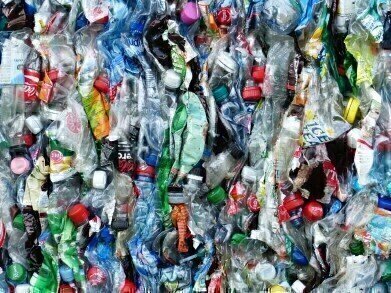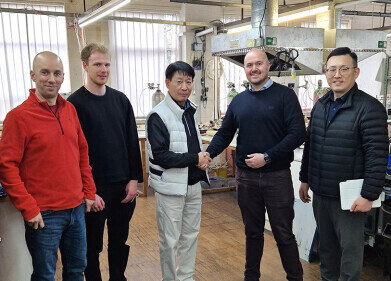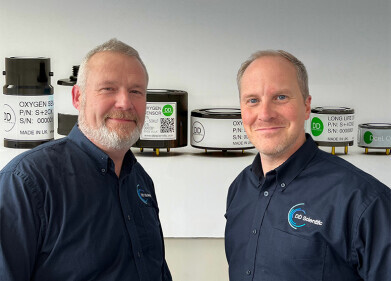Business News
How Are Plastics Changing in the UK?
Oct 13 2020
Biodegradable plastics are now going to be measured by a new standard in the UK. Designed to help the public more easily identify which products allow them to make environmentally friendly consumer choices, PAS 9017 is a new BSI which will require manufacturers to demonstrate that their materials can decompose into harmless substances within two years of disposal in order to qualify as biodegradable.
The move is a significant step forward for the UK in battling highly damaging microplastics and their contamination of both marine and terrestrial environments. That’s because any plastic claiming to be biodegradable in the future must not contain any microplastics or nanoparticles after its decomposition under natural conditions, inhibiting the ability of manufacturers to mislead their customers.
A two-year shelf-life
The new BSI benchmark was developed by Polymateria, a UK company specialising in the sector, who struck upon a formula which can transform common plastic items like cups, bottles, cartons and films into a harmless sludge at a specific point in the item’s lifecycle. Once the decomposition process is initiated, most items will be converted into nothing more than water, CO2 and sludge within a maximum of two years.
Best of all, there are no additional steps or ingredients which need to be involved in order to ensure the decomposition of the polymer. Instead, it will react with sunlight, air and water to naturally degrade, meaning that it can break down easily in real-world situations with minimal impact from the consumer themselves. In order to achieve the BSI standard, polymer manufacturers will have to demonstrate that 90% of their product has completely broken down within a maximum of 730 days.
Consumer first
The standard is unique in that it seeks to make things as simple as possible for the consumer. Previous standards were being manipulated by unscrupulous manufacturers, who were able to exploit loopholes in the legislation to claim that their products were biodegradable when, in fact, they actually persisted in the environment for hundreds of years. Reducing that time and eliminating microplastics entirely was key to the process, given that so much remains unknown about the effects of our exposure to them.
PAS 9107 has been designed so that individual consumers can see at a glance which projects qualify, while a “recycle-by” date on the packaging will inform them how long they have to ensure the materials are disposed of responsibly. “We wanted to cut through this eco-classification jungle and take a more optimistic view around inspiring and motivating the consumer to do the right thing.” explained Niall Dunne, who serves as the CEO of Polymateria. “We now have a base to substantiate any claims that are being made and to create a new area of credibility around the whole biodegradable space.”
Digital Edition
IET 34.2 March 2024
April 2024
Gas Detection - Biogas batch fermentation system for laboratory use with automatic gas analysis in real time Water/Wastewater - Upcycling sensors for sustainable nature management - Prist...
View all digital editions
Events
May 03 2024 Seoul, South Korea
May 05 2024 Seville, Spain
May 06 2024 Minneapolis, MN, USA
May 13 2024 Munich, Germany
May 15 2024 Lund, Sweden



















